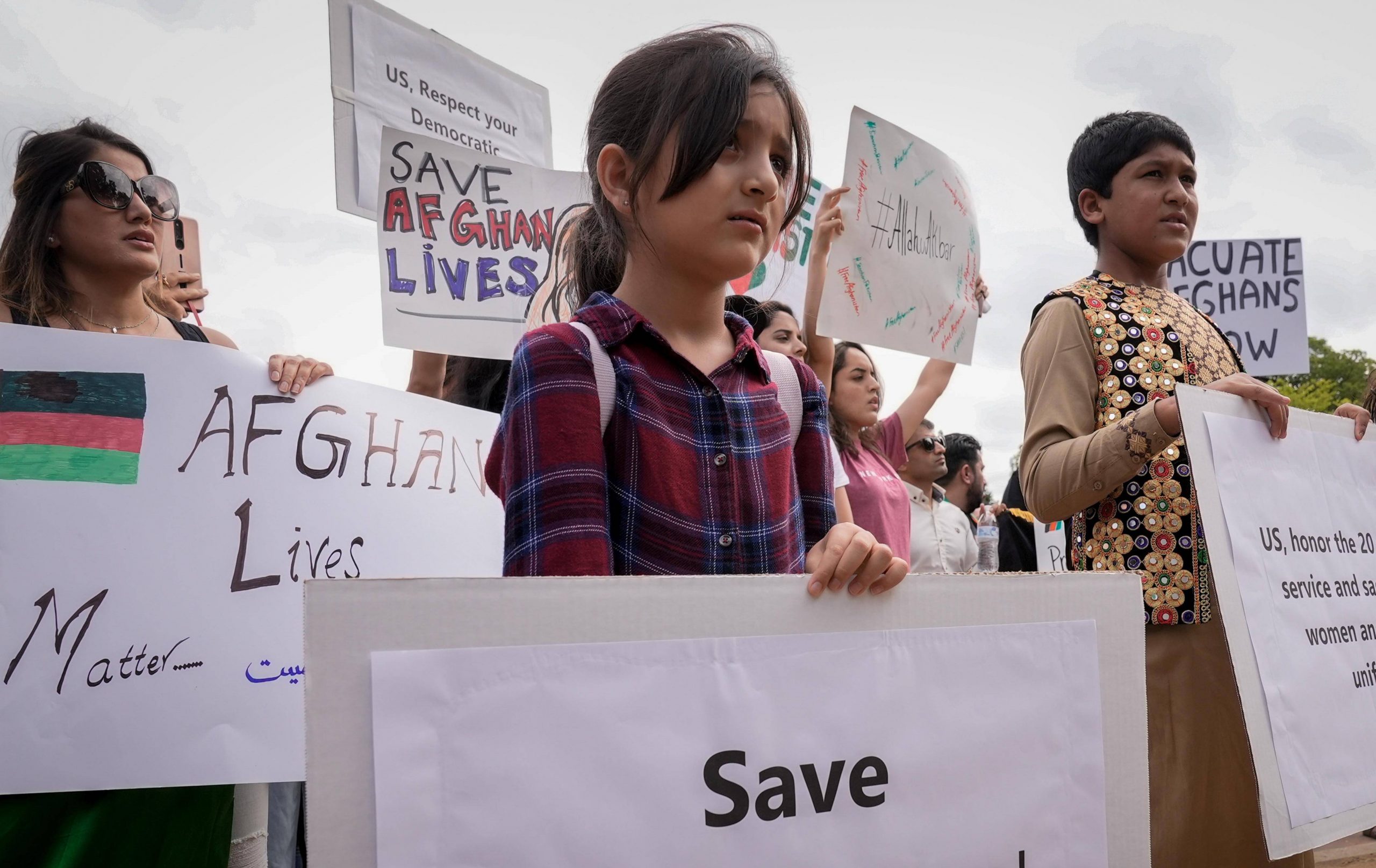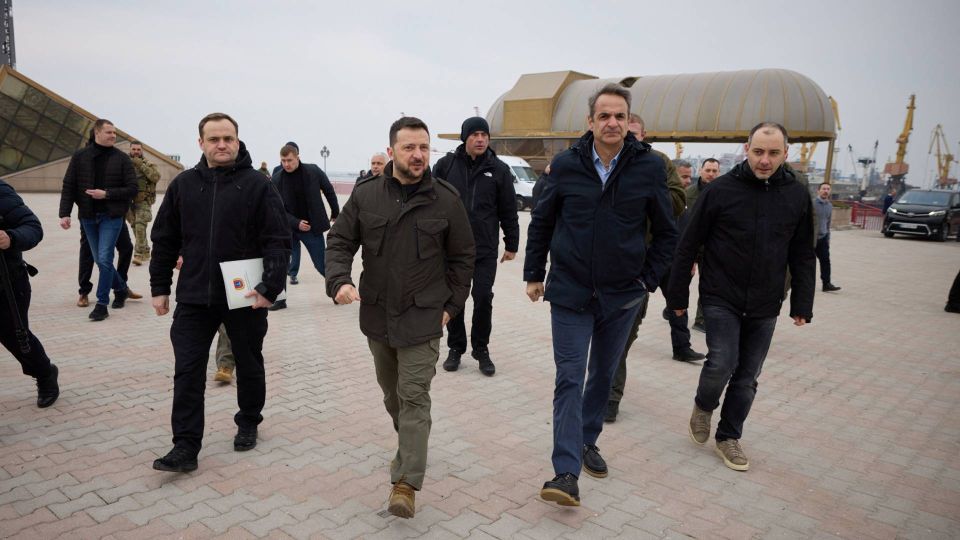Afghans in Australia plead with the government to help rescue their families overseas


For 10 years Torialy Razaqi served the Australian government in Afghanistan as an interpreter. Today he’s pleading with the same government to rescue his family from the Taliban’s resurgence.
“We served our life to support the Australian government. Now they need to support us and the government in Afghanistan to bring our families safely here,” he told SBS News.
Mr Razaqi worked as an interpreter for NATO from 2004 to 2014 before he was granted a humanitarian visa by Australia. He said the events of this week have reversed the work and progress that has been made over the past 20 years.
“I couldn’t sleep, I was continuously crying. My country and how much we’ve developed in the last few years, all of that has now been destroyed.”
What he fears the most is that the work he did with international authorities in the past will now put his family’s lives at risk.
“Because of my work they can take revenge on my mother, my brother, my sister and that makes me very scared and gives me anxiety because what happens to them will be because of me … they’ll take revenge on them one by one.”
Fears for minorities
Like Mr Razaqi, refugee lawyer Atika Hassain is also worried for the safety of her family back home.
“The past 48 hours have been the worst time in my 32 years of life. I cannot comprehend what I read on social media or hear on the news, everyone like myself is in complete shock because no one expected this sort of chaos,” she said.
Over the past week, many of her family members in Afghanistan fled regional parts of the country, seeking refuge in the capital, but Kabul then fell under the Taliban’s control.
“We have family members who took refuge in Kabul hoping it would be safe. Everyone is worried about what will happen once the US and its allies leave the country. What will happen when the Taliban sees everyone from the international community leave Afghanistan?”
Minority groups are also a big concern for Ms Hassain who believes they will be amongst the Taliban’s first targets.
“In the ’90s when they came into power, their actions then show there’s enough evidence to fear for the safety of women and children and minorities such as the Hazara. Today we fear potentially the same thing might happen again,” she said.
Approximately 50,000 people in Australia are part of the Hazara community. Many have immediate or extended family members stuck in Afghanistan.
“I was just speaking to an Australian citizen whose wife and three children are stuck there now,” Ms Hassain said. “He tells me he fears for his eldest daughter’s safety; she’s turning 14 so she’s the age that Taliban wants, they take girls from 12 years.”
She also believes that highly influential people such as journalists, academics, authors and social activists will also be targeted by the Taliban.
Both Ms Hassain and Mr Razaqi are now pleading with the Australian government to step in and help the most vulnerable in Afghanistan.
“For the last time, before departing forever … help these individuals who’ve stood by you for 20 years,” Ms Hassain said.
“Stand by them for a few more days so they can flee and keep Kabul international airport safely, so they can flee.”
“Do what is in your power to urgently remove Afghan individuals who are at high risk and bring our families here,” Mr Raziq said.
More than 250 Australian defence troops will be deployed to Afghanistan to help evacuate Australian citizens and visa holders.
“The situation in Afghanistan remains highly volatile and dangerous,” the Australian Defence Force said on Monday.
“Defence is taking all necessary precautions to protect its people and those authorised for evacuation.”
Source: sbs.com.au




